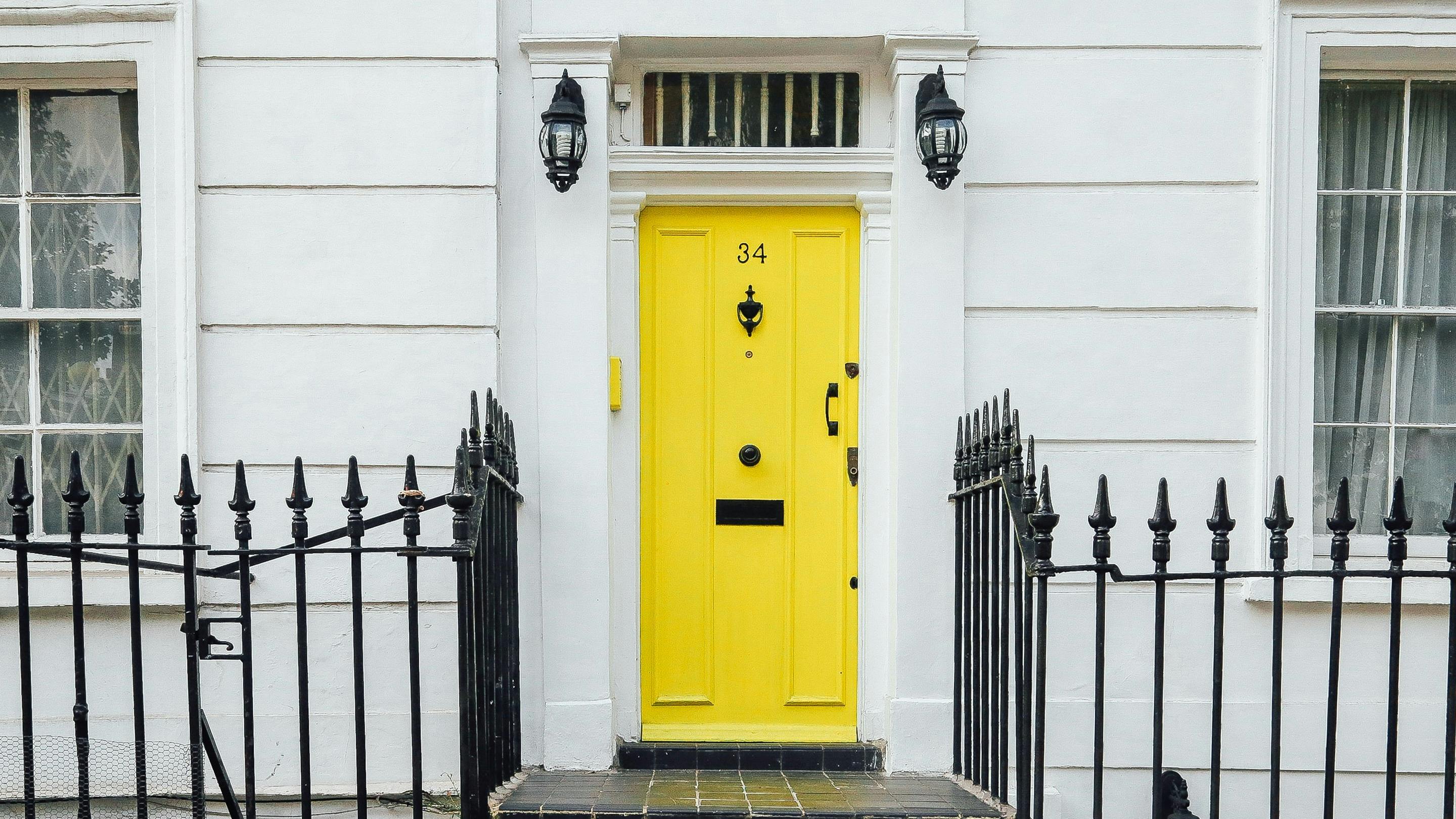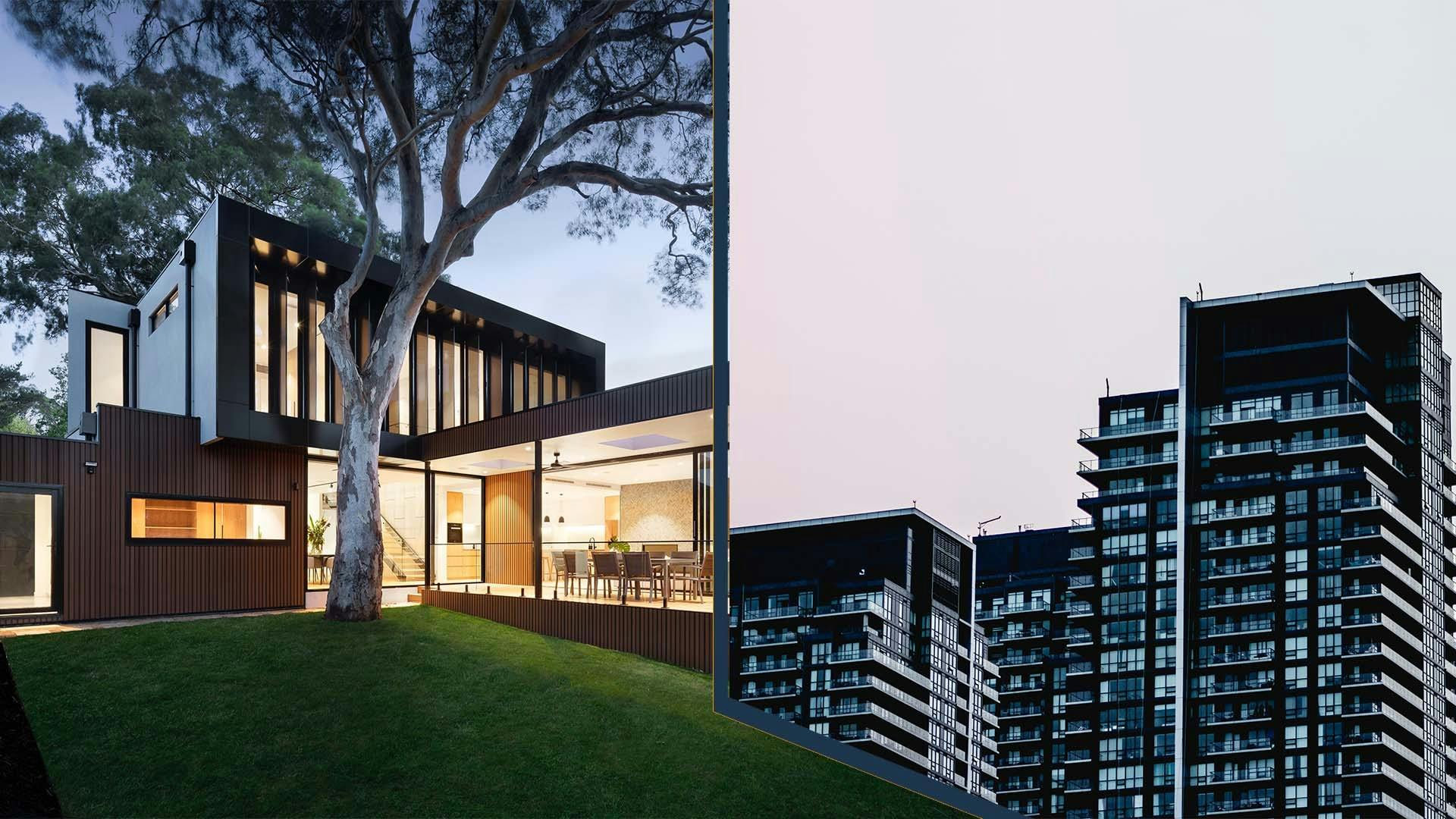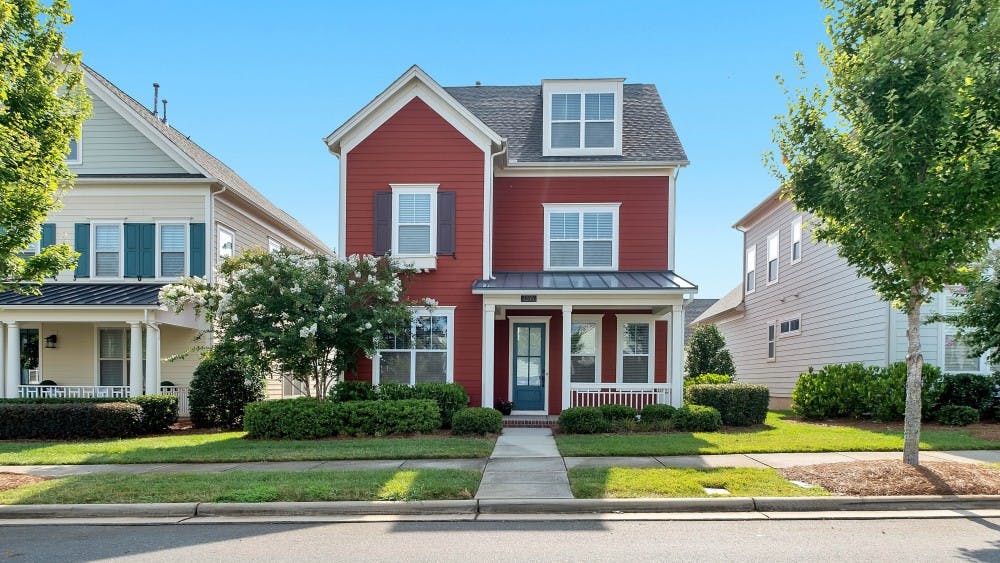
The Canadian real estate market has been surging, with the average price of a house spiking above 50% over the past two years, according to Reuters. Whether you are a current renter, first time home buyer, landlord, or simply looking to make a change, trying to navigate the difficult decision of renting or buying amidst this marking comes with a list of challenges and nuances. Many people are asking themselves, “can I even afford to ever buy a home, or will I be stuck renting forever?” In Canada, about 30 percent of residents rent their homes, but not necessarily by choice.
Neither renting or buying can be seen as the “better option” as a universal, so this article aims to break down the pros and cons of both options and individual factors for you to consider when choosing what option is right for you!
Lifestyle
A major area for you to consider before beginning the buy vs. rent debate is your current lifestyle, and if you predict it might change in the future. Renting is often seen as the preferable option of those who want a lot of flexibility and opportunities for new jobs or other areas of your life. Buying a home becomes a fixed asset in your life that ties you to a geographic area and a contract through your mortgage.
Lifestyle Questions to Ask Yourself
Do you want to move regularly within your city, province, or globally?
Do you want the option to renovate and complete major changes to the space you would live in?
Do you want to be responsible for the maintenance, damages, and wear and tear to your property?
Do you have pets?
It is also important to consider the reality of the property market where you live, or want to live. Some areas of larger cities highly favour renting, while more rural areas tend to favour buying. It simply might come down to the fact that the geographic area you want to live in will be saturated with one option or the other, leading you to that option for a home to fit the other criteria you are looking for.
Finances
There are two areas to really focus on when trying to compare the financial side of the rent vs. buy debate: the 5% rule and investing.
The 5% Rule
The 5% rule can be summarized into one basic principle: Is your yearly rent more or less than 5% of the price of a comparable home?
When buying a home, you can expect to pay around 5% of the value of your home in unrecoverable costs such as property taxes, maintenance costs and interest payments on your mortgage. Your unrecoverable costs if renting are the amount you pay in rent per month. If you are comparing the cost of the home with the rent you might currently or otherwise pay, this rule helps break down the financial decision. Take the value of the home, multiply it by 5%, and then divide for 12 months and you receive the maximum figure you should be paying in rent. If you can rent for less than that number, renting may be the stronger financial option.
Here is an example to visualize this process:
Value of Home: $800,000
$800,000 x 0.05 = $40,000
$40,000/12= 3,333.33
Monthly cost to own home and threshold for rent: $3,333.33
So if you are able to rent for less than $3,333.33 per month in the area you wish to live in, this could provide you with more income for other areas, such as investing.
Check out Benjamin Felix’s page for a more in depth breakdown of the 5% rule, along with a video to understand this principle in another format.
Investing
Many people consider buying a home an investment in their future, as it is a relatively stable asset in the investing world. While buying a home does give you a tangible asset with expected monthly gains over time, it won’t always provide you with more money long term over renting.
If you view your home as an investment, you can also consider your mortgage a part of that. Buying a home will generally see you paying a higher monthly payment than you would pay on rent in the same home, at least at the beginning of your mortgage. However over time, as you pay down the principle on your mortgage, you may see the benefit in paying more to increase equity in your home.
Another benefit of buying in terms of investment is the lack of taxes you will pay on capital gains. If the home will be your primary residence, you will not need to pay taxes on the capital gains you incur over time.
When considering the benefits of renting as an investment, the largest factor tends to be that you will most likely pay less to rent than buy per month, leaving you with more money to invest yourself in other areas. You could take that extra money and invest in your education, an investment portfolio, or starting a new business. You have the potential to earn more overall capital in the long run investing in other areas than a home/mortgage, but that also comes with the responsibility to manage those investments and take risks.
Money today is worth more than money earned in the future because of its earning potential. This acts to decrease rental costs, as those are spread out over many years. Buying a house, on the other hand, involves large upfront costs, while the proceeds are put off years into the future, and are thus worth less in today’s dollar. This acts to increase home ownership costs relative to renting.
Financial Questions to Ask Yourself
Am I prepared to put up a large amount of capital right now?
Would I rather invest my money once, with expected stable return, or understand and manage my investments frequently, with greater potential return?
Is the cost of rent more or less than 5% of the total cost of a home? (see 5% rule)
Considering the Market
While lifestyle and financial factors tend to hold true across location and time, always make sure you consider the real estate market at the time you make this decision. When buying a home, you live and fall by the market in terms of the capital gains and home equity you will secure as the home increases in value. If you are renting and the market crashes, you will not lose on an investment and you might even get lucky with rent prices falling to match the market. If the market is doing well, the one who will benefit from that will be the landlord and it might incentivize them to sell the property you are renting to make a profit, or raise your rent.
Breaking it Down: Rent vs. Buy
In Ontario right now, there is no right or wrong answer in the rent vs. buy debate. Both sides hold many advantages if you choose that route, and many people will find there are other factors, such as down payments or geography that will lead you towards one side or the other. No matter which route you decide to take, it is a personal choice and you will make the decision that best suits you!
Advantages of Renting
Flexibility in moving
Maintenance, property taxes, and repairs is your landlord’s responsibility
Short term renting is often cheaper than interest payments on your mortgage
Ability to invest extra money saved renting through the 5% principle for potential greater payoff
Advantages of Buying
Stability with your home, no chance of eviction from landlord
Ability to renovate, build, have pets etc.
Retain capital gains on your primary residence
Build equity with your mortgage
Not vulnerable to shifts in the housing market unless planning on selling
In making your monthly mortgage payments, you’re increasing the money you’ll get back when you ultimately sell your home — plus any profit.
Doormat specializes in providing modernized real estate legal services. Reach out to us today to learn how you can experience the best possible home transaction.









